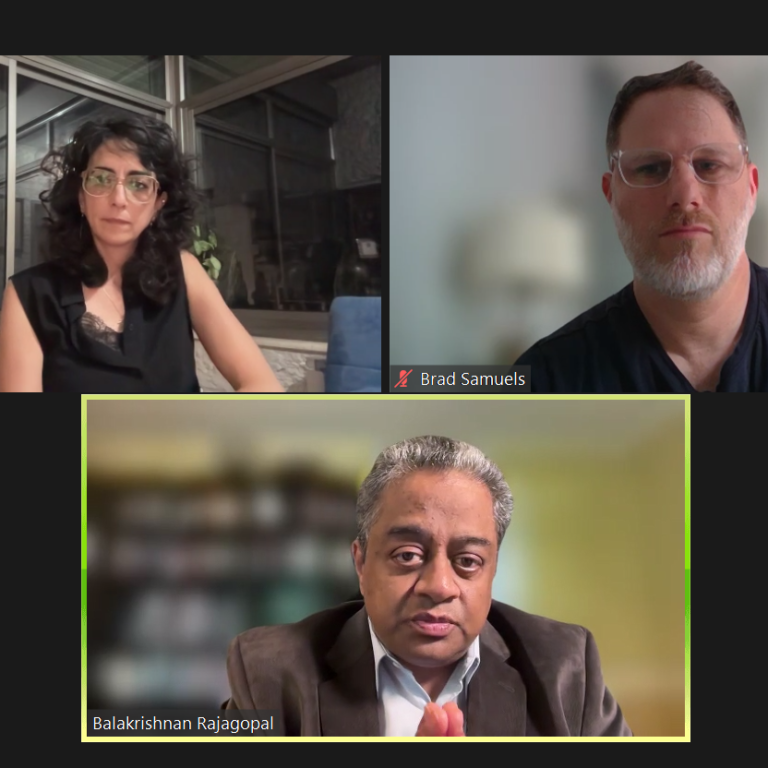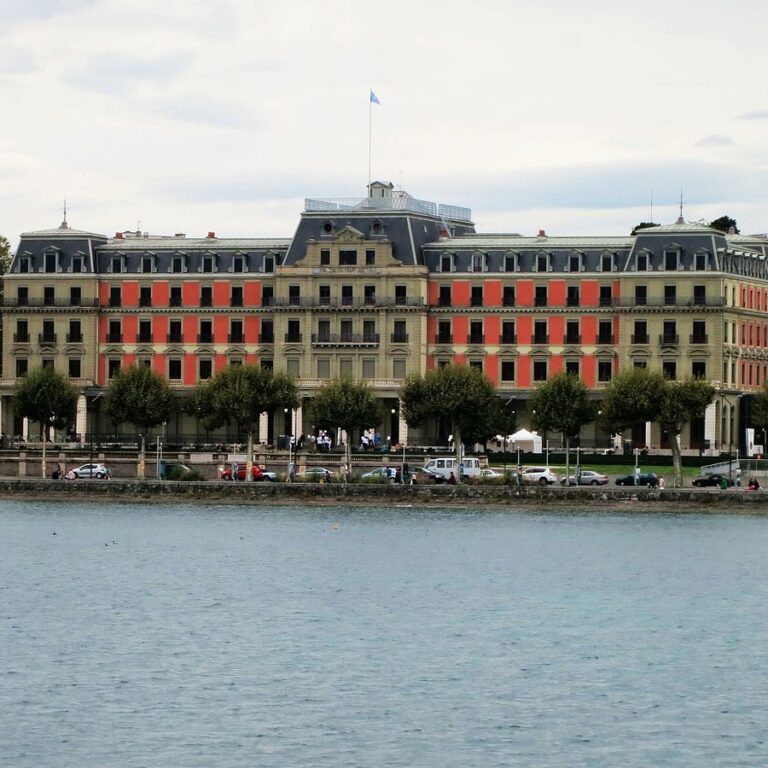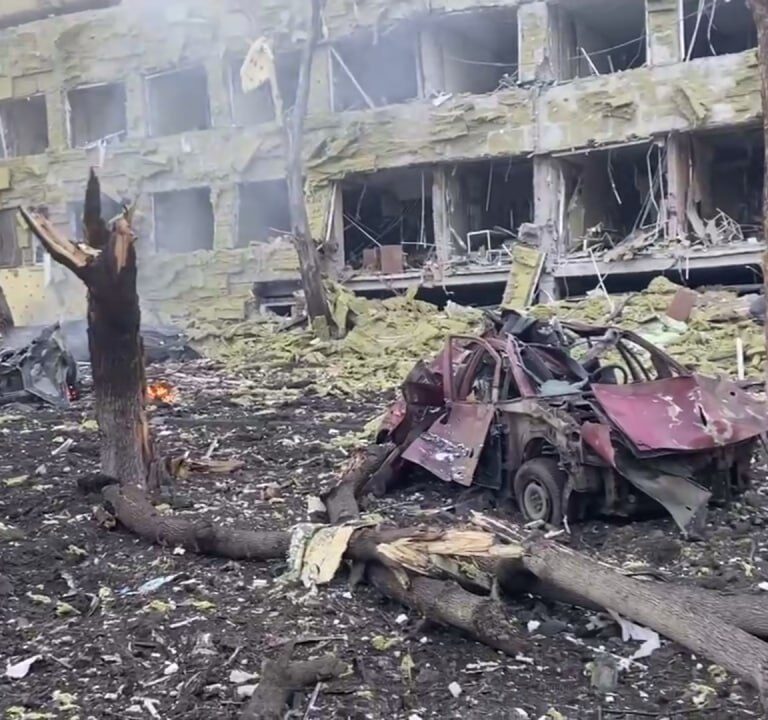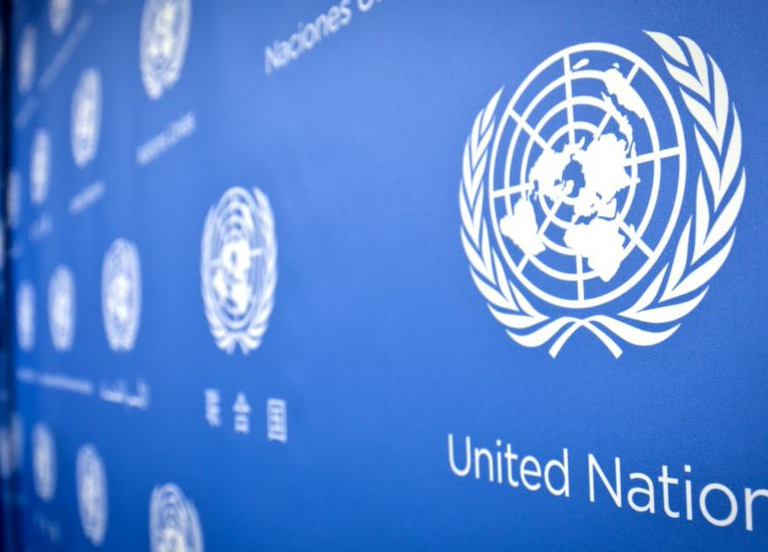As it was previously reported, on the eve of the vote by UN states for candidates for membership in the UN Human Rights Council from Eastern Europe at the General Assembly, appropriate provocations were expected from the aggressor, who submitted his candidacy to participate in opposition to Albania and Bulgaria. Earlier, the media wrote that Moscow viewed the elections to the Human Rights Council as “an important test of its positions in the international arena.” It was noted that Russia actively campaigned among the poorest countries, offering them food and weapons in exchange for their votes.
In this situation, our Association sent in advance to state delegations in the UN General Assembly and other authorized structures detailed information prepared by Professor Borys Babin regarding the incompatibility of the activities of the Russian Federation with the mandate of the Human Rights Council and the violations of international law committed by Russian aggressors in the occupied territories of Ukraine, including the Crimea. The information was accompanied by previous publications of more than 90 materials of the Association on the resources of the Office of the High Commissioner and the UN Human Rights Council; a number of missions of UN member countries in New York thanked the Association for the information provided.
On October 10, during voting in the UN General Assembly, the Russian Federation received fewer votes in the fight for seats in the Council than its rivals in the Eastern European region – Albania and Bulgaria. Russia secured the support of 83 UN member countries, while 123 countries voted for Albania and 160 for Bulgaria; the voting was secret. Thus, the aggressor was unable to return to the UN Human Rights Council, and new members of the Council were elected for a three-year term, from 2024 to 2026.







